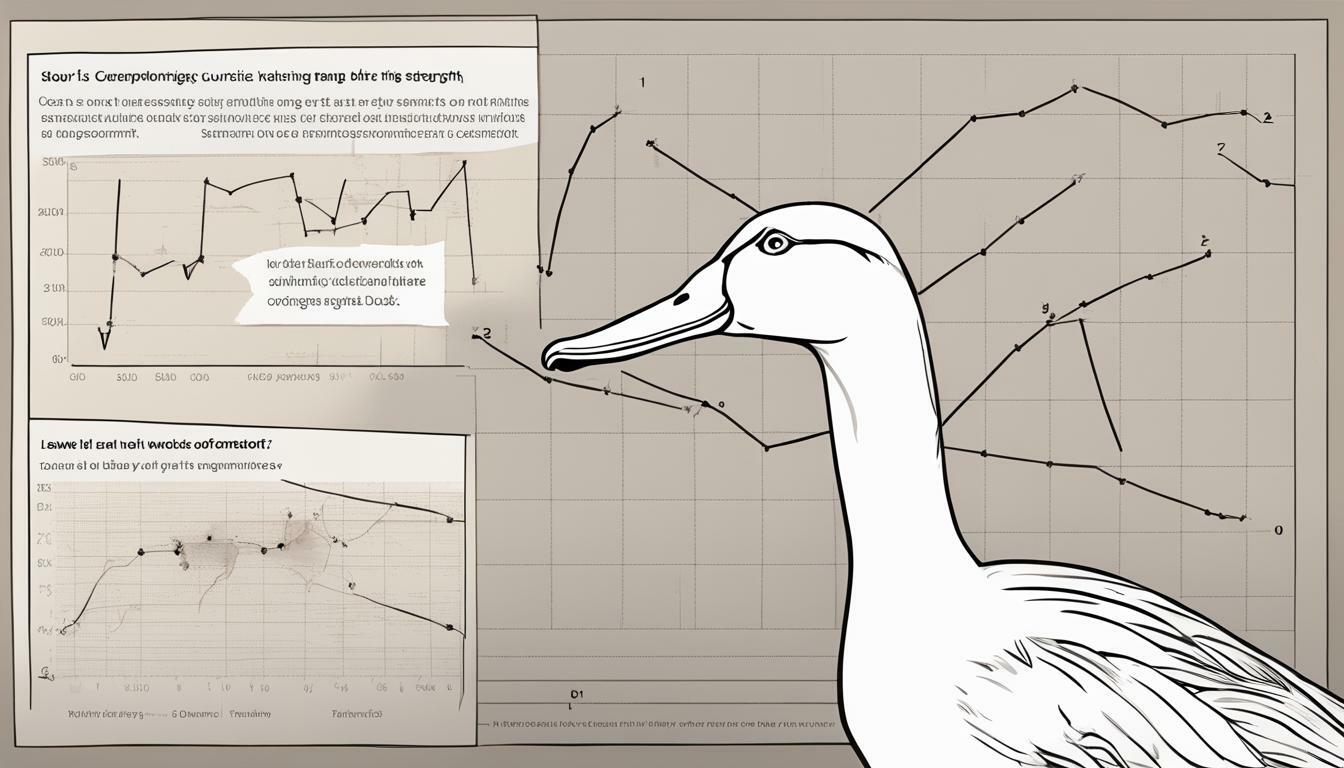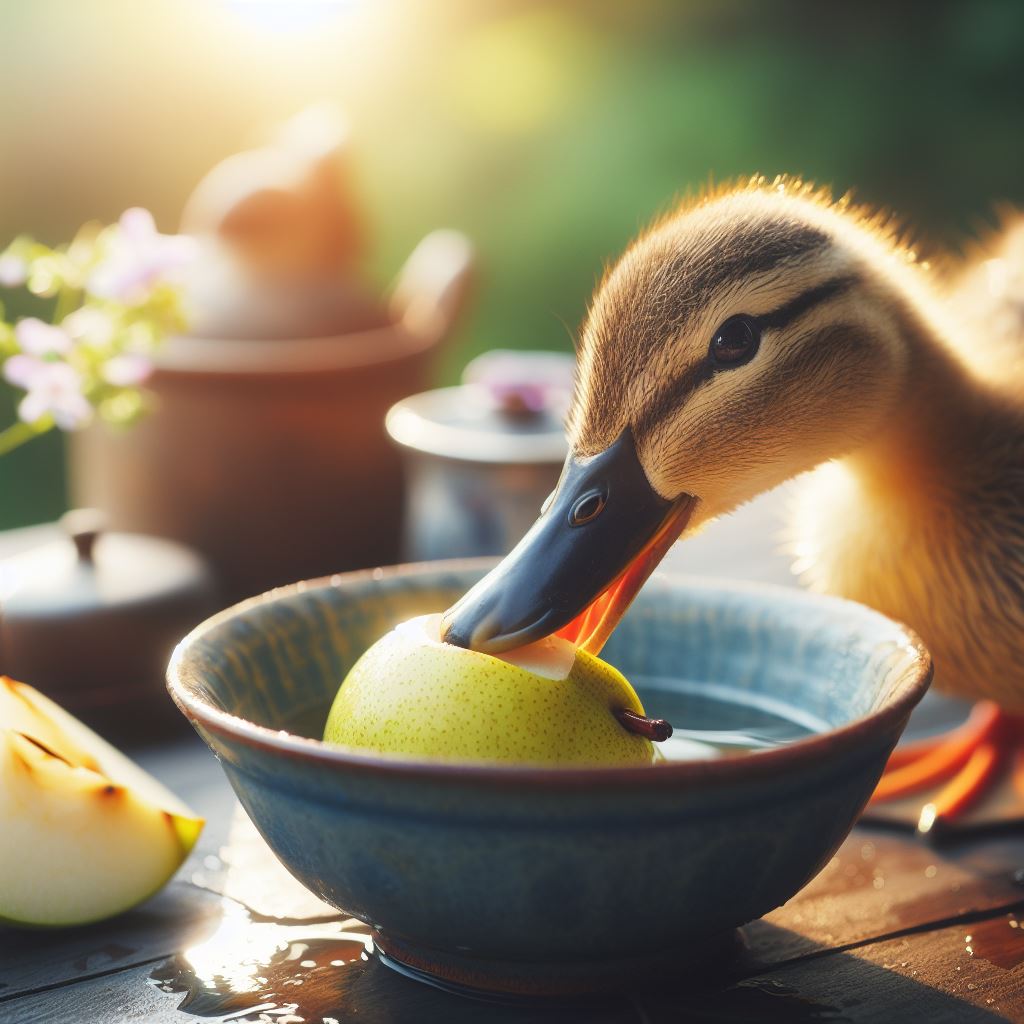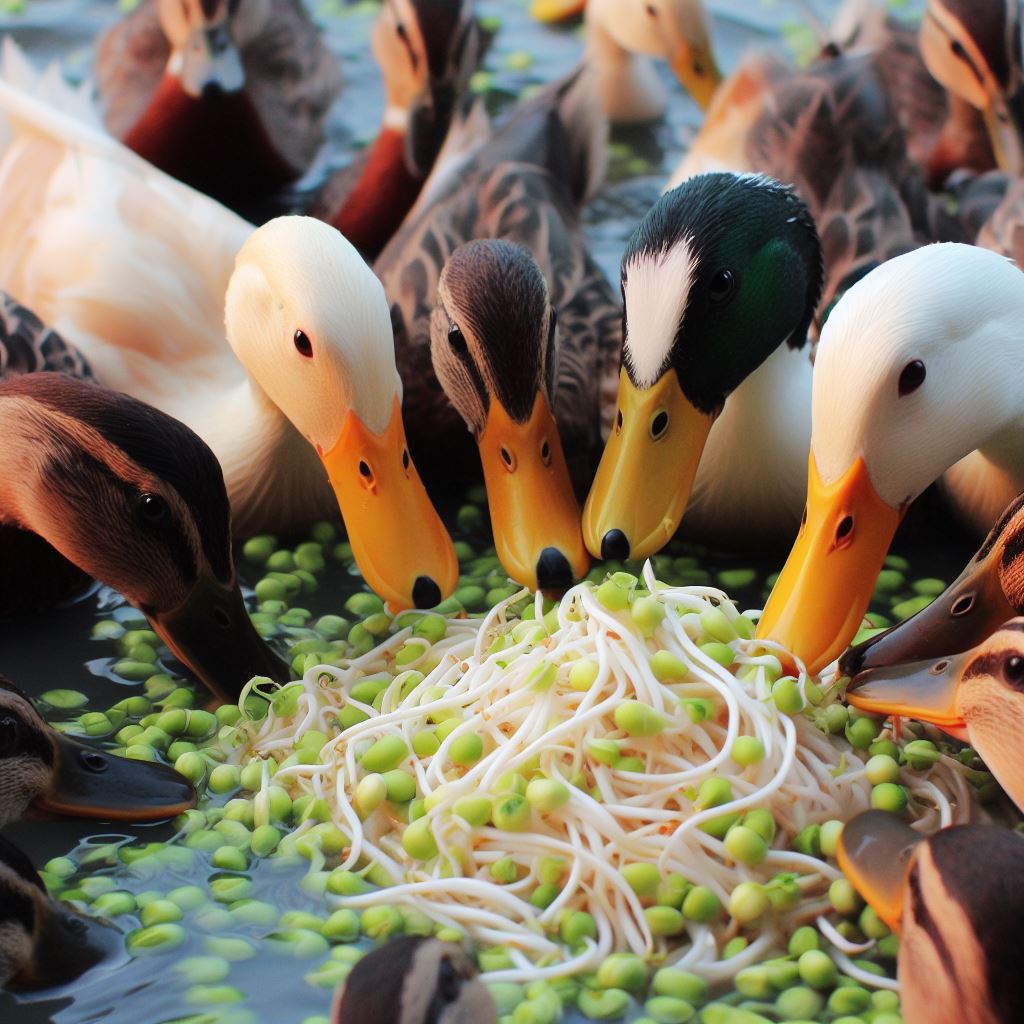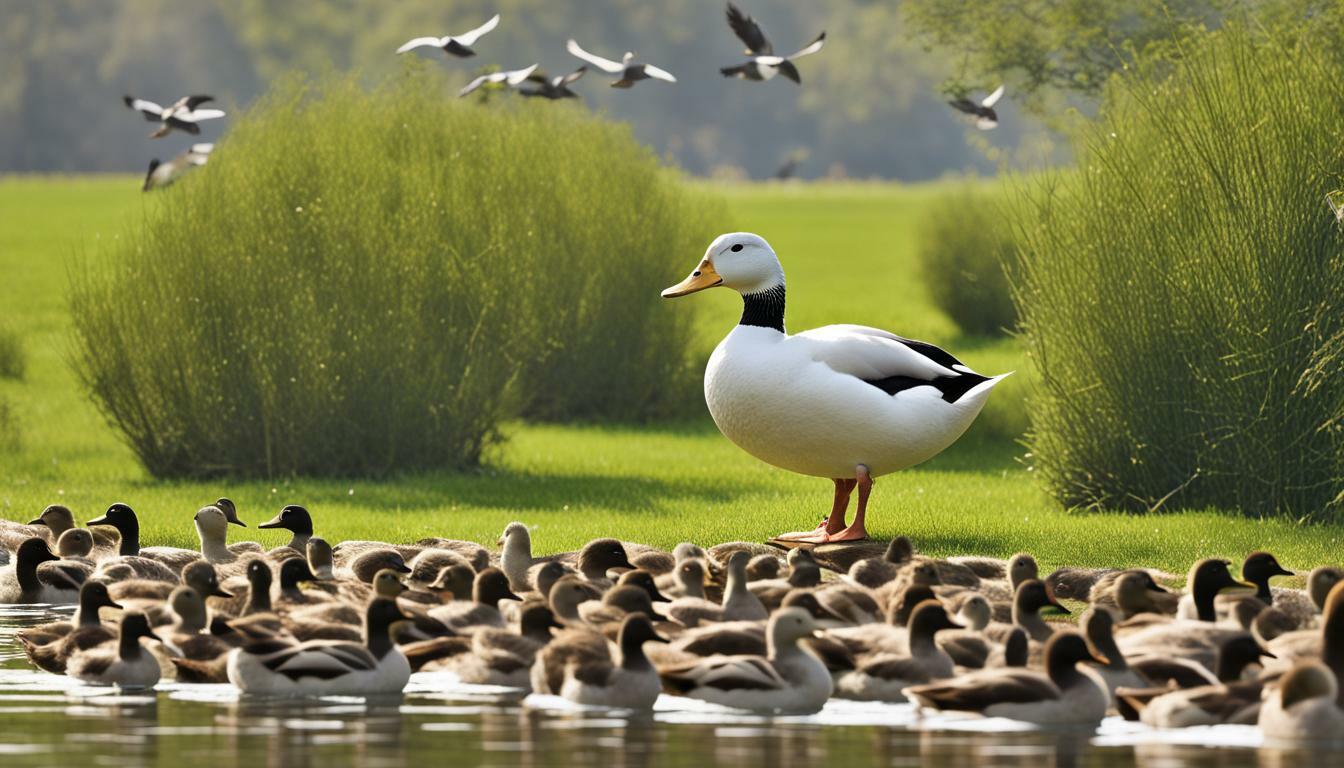Do Duck Bites Hurt? An Unbiased Dive Into the Facts

Table of content:
Ducks are a common sight in parks, ponds, and other bodies of water. With their cute appearances and funny personalities, it’s easy to want to get close to a duck. However, ducks can deliver painful bites, especially if they feel threatened. So how much do duck bites really hurt? And what should you do if you or a child gets bitten by a duck?
How Hard Can a Duck Bite?
Ducks have surprisingly strong bills that they use for foraging, grooming, and sometimes self-defense. On average, a domestic duck has a bite force around 30 to 40 pounds per square inch (PSI). That’s stronger than many dogs!
Wild ducks that feed on fish and other aquatic creatures tend to have even more powerful bites, sometimes exceeding 60 PSI. By comparison, the average human bites with about 120 PSI of force.
So a duck is capable of clamping down very hard if it wants to. The serrated edges of their bills can pinch and tear skin. While not enough to sever a finger or anything, a defensive duck bite can definitely break skin and cause bruising or even puncture wounds.
Duck Bite Pain Depends on Where You’re Bitten
How much a duck bite may hurt depends on the location on your body where you’re bitten.
Sensitive areas with lots of nerve endings and little fat or muscle padding, like the face, hands, and feet will be most painful. Bites to fleshier areas like the arms or legs will likely hurt less.
Bites that break the skin will usually be more painful than pinches that only leave bruises. Deep puncture wounds from duck bills may also risk infection.
And the amount of force a duck uses will factor into pain levels too. Aggressive bites meant to protect ducklings or defend territory will be worse than incidental nips during hand feeding.
What to Do If a Duck Bites You
If a duck does happen to bite you, here are some steps to take:
- Clean the wound immediately with soap and water to flush out germs and prevent infection. You can apply an antibiotic ointment as well.
- Control any bleeding by applying pressure with a clean cloth or bandage. Keep the wound elevated.
- Apply ice packs wrapped in cloth to bite marks to reduce pain and swelling.
- See a doctor for bites that break the skin deeply, result in excessive bleeding, or show signs of infection like pus, redness, or heat. You may need antibiotics or even stitches for serious duck bites.
- Monitor the bite for any signs of infection over the next several days and follow up with a doctor if needed.
Do Duck Bites Cause Infections?
While not highly common, duck bites can potentially cause bacterial infections, especially if the wound is deep and the bite breaks the skin significantly.
Ducks consume plants and animals from aquatic environments that contain a diverse range of microbes. Their bills can then transfer some of these germs when they bite.
Do Duck Bites Hurt More Than Chicken Pecks?
Ducks and chickens both have sharp beaks they use defensively, but duck bites generally hurt more than chicken pecks.
There are a few reasons for this:
- Stronger Bite Force: On average, ducks can bite down harder than chickens can peck. More force equals more pain.
- Sharper Bill Tip: A duck’s bill comes to a narrower point than a chicken’s rounded beak. This concentrates the force into a smaller area for a sharper pain.
- Serrated Edges: The tiny tooth-like edges along a duck’s bill can tear skin and grab flesh more than a chicken’s smooth beak. This leads to more tissue damage.
- Defensive Aggression: Ducks tend to be more aggressive when defending themselves than chickens. They bite harder and latch on longer.
So while neither is a pleasant experience, the evidence suggests a duck bite will likely hurt and do more damage than an equal chicken peck in most cases.
Can a Duck Bite Break the Skin?
Yes, ducks are capable of biting hard enough to break through the skin, especially on delicate areas of the body.
Sharp duck bill tips concentrated on a small surface area require less than 60 PSI to puncture skin. And ducks can bite with over 60 PSI of force.
Ducks also have rearward facing barbs on the inside edges of their bills similar to shark teeth. These help them grip slippery food but also enable them to latch on tightly to an object or person.
In addition to their strong jaws, ducks have long necks that allow them to strike quickly and from varied angles. This gives them an advantage when biting defensively.
So remain cautious and do not provoke or threaten a duck. An aggressive duck that feels the need to protect itself or its young can certainly deliver a biting wound that penetrates the skin.
Are Duck Bites Dangerous for Children?
Duck bites can be more dangerous for children than adults for a few reasons:
- Higher risk of infection: Kids’ immune systems aren’t fully developed yet, making them more prone to bacteria from bite wounds.
- More delicate skin: A duck bill can more easily break the skin and do damage on a child’s thinner dermis layer.
- Smaller limbs: Areas like hands and fingers where kids may be bitten have less fat and muscle to protect bones, nerves, and blood vessels.
- Greater chance of excessive bleeding: Again due to small size, major blood vessels are closer to the skin’s surface in children.
- Higher pain levels: Younger children may have a harder time coping with the intense pain of a bite. Fear and anxiety levels also run higher.
To avoid duck bites, teach children not to touch or feed wild ducks. And carefully supervise any activities like feeding ducks at a park. Seek medical care promptly for any child bite that breaks skin or causes bleeding.
Final Thoughts
Ducks may look cute and innocuous, but their powerful bites can definitely hurt if they feel threatened. Wild ducks in particular will bite aggressively to defend their territory or offspring. A duck can easily break skin and cause bruising or even infection in a bite wound. Seek medical attention for any serious duck bites, especially those to children. With proper care though, most minor duck bites can heal on their own within a week or so. Just be cautious around our feathered friends next time you visit the park or pond.
Welcome. I’m Adreena Shanum, the proud owner of this website, and I am incredibly passionate about animals, especially poultry. I founded adreenapets.com as a labor of love, stemming from my desire to share my knowledge and experiences with poultry enthusiasts worldwide.




